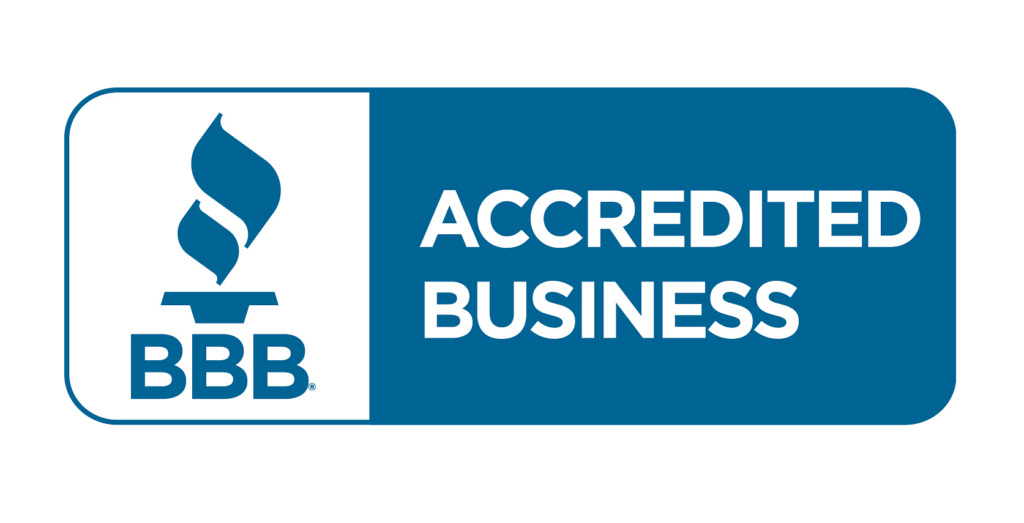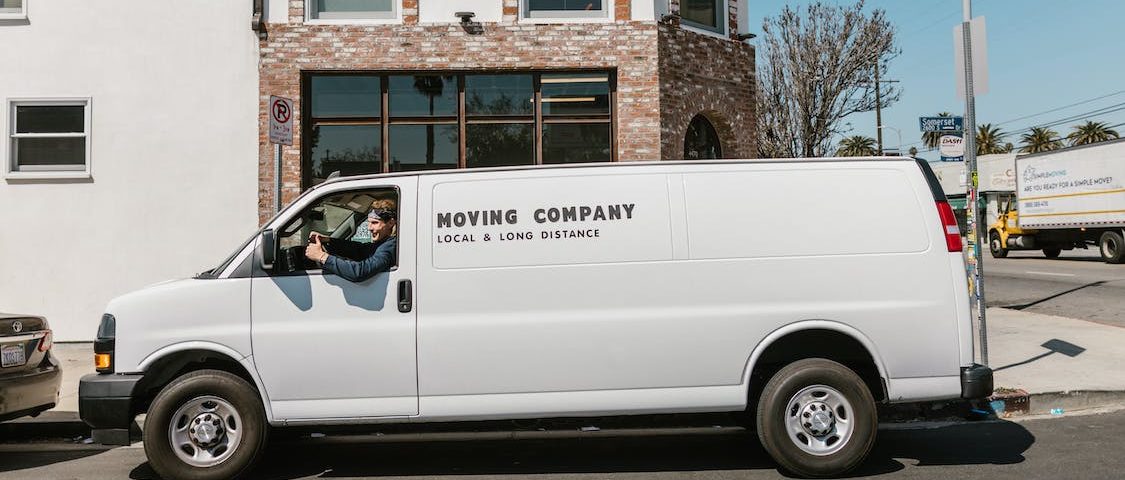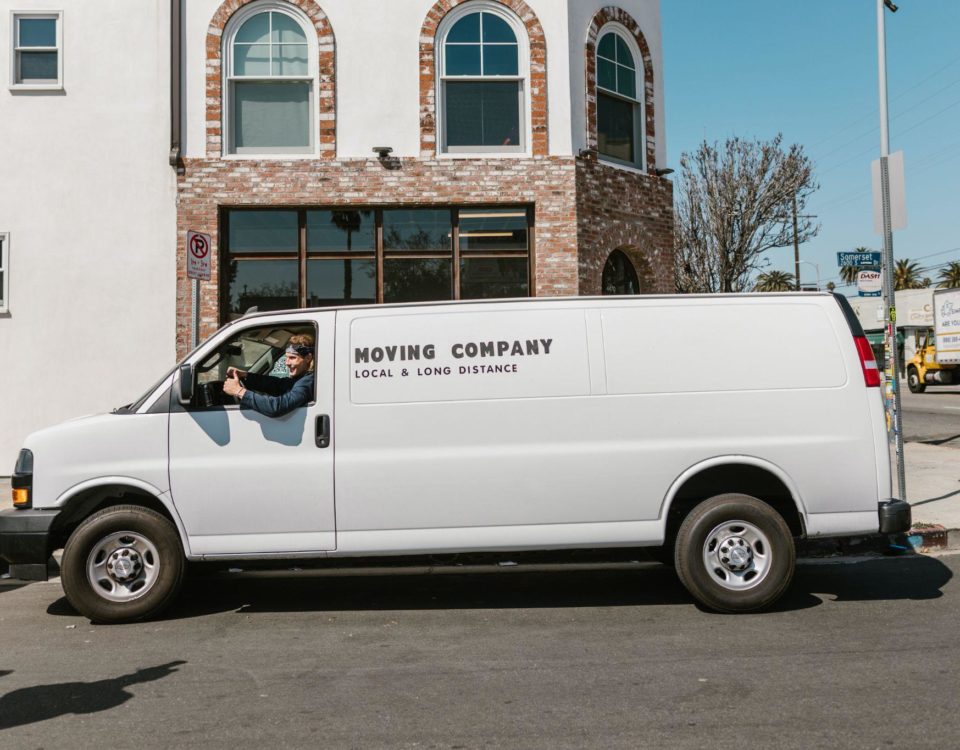
Hiring Movers vs. A DIY Move – What’s Right For You?
December 6, 2022
Moving on a Budget: Tips and Strategies for Saving Money and Reducing Stress
September 19, 2023Regardless of the time of the year or whether you relocate your home or business, a relocation is time-consuming, with many things to get right. Millions of moves happen every year, and fortunately, most go smoothly. But that’s not always a surety. Picking the right movers, avoiding rookie mistakes, etc., is the only way to ensure a successful move. Therefore, anyone who’s moving needs to be informed about what the time-consuming process entails.
Minorcan Moving & Storage Inc is one of the top moving companies in St. Augustine and has completed several successful moves. Over the years, we’ve seen many people do things right and make some mistakes that became hindrances in the move. Let’s review some of the dos and don’ts of a successful move.
The Do’s of A Successful Move
1. Always Do Your Research
Over 18,000 moving services in the US cater to residential and commercial moves. If you go into major cities, you’ll likely see many businesses, and it’s easy to become confused about which one is the right company to hire. It’s so you can hire a mover that will fulfill all your moving needs without making any mistakes. The minute the movers make a mistake, it’ll cause monetary damage or ruin something of high emotional value to you in a residential move. You need to do extensive research when you hire a moving company for several reasons.
- You may not need all services a mover can offer. For example, some companies offer packing, moving, loading, and unloading services. They’ll maybe even through in some additional services unique to them. But what is it that you need? Do you have belongings you’d like to pack on your own and want them moved? Or maybe you want to hire movers that will help you A to Z. Doing your research will help you pick the best company per your individual needs.
- The cost of moving varies state by state and the services you pick. If a mover is booked or you’re trying to hire them during peak moving season, you may be expected to pay a higher service fee.
2. Verify the Company & Get References
Before hiring any company for their services, ensure they’re legit. Moving companies are either registered with the FMCSA or a local state body. In case of damages, you should be able to hold the company accountable, which won’t be possible if the company isn’t registered.
However, verifying the company isn’t enough. Once you’ve verified it, the next step is to find references. If you’re moving homes, you can ask your friends and family for recommendations. Similarly, if you’re moving a business, you can ask other business owners to recommend movers they use. It’s also possible to receive references from your local mover’s association or the American Moving and Storage Association.
3. Make An Inventory List
We all have little or big possessions in all corners of the house. The average household has around 300,000 items. Some may be items you wish to discard, but most you’ll want to keep. Considering the sheer amount of things to move, it’s always best to make an inventory to ensure nothing gets misplaced during the move. You can make it on your own or have your movers do a walk-through and make a list for you. Remember that you need to be thorough if you don’t want to lose anything important. Moreover, moving costs can vary as per the weight of the items. Having a detailed list will also help in making an accurate budget.
4. Make a Budget
Moving can get expensive without proper planning because there are many factors to consider. For example, a local move can cost up to $1,500, while long-distance moves can cost $5,000, depending on the size and distance of the move. However, this is a conservative estimate considering the labor shortage’s effect on the industry.
Once you have your inventory list, you can make a moving budget. Start by making a template and adding categories. Include professional movers’, self-moving, and other associated expenses in separate columns. Fill in prices for each item and list them under the appropriate section. Subtotal every section and for safety, make another row in your budget template called contingency, multiply the total by 5%, and then add this to your final amount.
5. Book Professionals Early
Relocations don’t usually happen last minute, meaning you have ample time to prepare. If you’re hiring movers to handle all parts of the move, renting equipment to do it on your own, or only booking transportation for moving day, book early. Waiting to do it later can mean paying a higher price than necessary.
6. Get a Walk-Through
If you’re hiring commercial or residential relocation services, have them walk through the site or home. Movers can only quote you an accurate cost estimate if they have all the location details, inventory, etc. Professionals will take into account your moving plans and do a site survey. Doing one will also help them identify if they need specialty packing supplies or equipment for your move.
7. Complete Your Packing Before Moving Day
Packing is the part that will take the longest. You need to disassemble all furniture, unplug all your electronics, etc., and place everything safely in moving boxes. You can hire a moving company to take care of it or handle it on your own. Whatever route you pick, ensure it’s done before moving day. If you’re still packing as moving day rolls around, it will delay the whole move. Moreover, consider packing everything up and moving it to one location where movers can pick it up easily.
8. Get Insurance
Insurance is a financial safety net that can protect you if anything goes wrong. Movers also offer insurance (or at least reliable ones) and different coverages under it. Movers typically offer released value protection or full value protection. A moving company will replace all lost or damaged items or offer a cash settlement based on their value at the time it was damaged under the full value protection coverage. In contrast, a mover will pay 60 cents per pound for a damaged item in the released value protection coverage.
The Don’ts of A Successful Move
1. Never Hire Companies With a Name Switch
Questionable companies will want to avoid assessments and ratings from platforms like Better Business Bureau (BBB). Such companies operate under different names. Always check if the company has a local address and has all its licenses and insurances sorted out. They should also have a number on their website or in their business listing, or at least have a contact page on their website. Call them up and check with what name the employees answer. In addition, research if the company operates under a different name.
2. Avoid Paying Large Deposits
A moving company may ask for a deposit before the move. Nevertheless, it shouldn’t be significant even if they do request one, but you might still feel it’s a risk. Of course, the risk is considerably reduced if you’ve verified through reliable sources that the company is legitimate. Some movers ask for a deposit during the peak months, like May to September. This is because they don’t want their clients to flake on them last minute. Regardless, even if they request a deposit, it should be a reasonable amount and not most of the cost.
3. Budget For Extra Costs
It’s important to make a budget before your move and stick to it. However, it’s also important to remember that there can be extra costs. That’s the contingency we talked about while creating your budget plan. Movers can charge separately for packing, furniture disassembly, no-shows, long carry fees, etc. When you first approach the movers to understand their services and pricing, take your time. Ask questions about anything that confuses you, and ask them about any extra costs they can add later so you can factor them into your budget. Budget planning should be done slowly and needs research – avoid rushing through it at all costs.
4. Never Sign a Blank Contract
This should be pretty self-explanatory. Hiring professionals aren’t limited to verbal agreements, and you should always have it in writing. Your contract should have all the details on what services you’re hiring the movers for, the costs, etc. Even if the contract isn’t completely blank and has some minor details, it can cause trouble later. A verbal agreement will never hold up if there are problems later, and a blank contract will be null and void. For instance, if a mover promises to compensate you as per the value of the damaged item, but it was something not added to the contract, then they’re not liable to uphold their word. Your contract should make everything clear. If anything you discussed isn’t added, or they’ve added clauses that weren’t addressed before the move, do not sign the contract.
5. Try Packing Everything on Your Own
You may be packing up basic stuff like furniture or sensitive items like glass. Some stuff will be easy to pack, whereas others might require an expert touch. You’ll also need to know which packing material is needed to pack what. If any of your possessions isn’t packed the way it’s supposed to be, there’s a risk of it suffering damages during the move. Professional movers know all the packing stuff you’ll need, and they have experience, which gives them the required information on how to pack what. Even though you may have to pay more for the labor and the packing material, you will have a surety that everything was packed and moved safely.
6. Avoid Getting in The Mover’s Way
Once you’ve picked your mover and secured your moving date, it’s time to start the moving process. When the movers start coming in and out of your house, avoid getting in their way. While it’s important, you’re present during the move, and it doesn’t mean you start micromanaging it. They’re trained and experienced professionals and know what to do once you’ve explained your moving needs.
7. Don’t Avoid Reporting Problems
It’s completely possible that despite your references having a great experience with someone won’t translate into you having one too. You might face some trouble during the move. If it was the mover’s fault, for example, they damaged the items in transit and didn’t reimburse you as per the insurance policy, you can report them within nine months of the move. Don’t wait around a year to speak up. Doing it faster will likely help someone avoid making the same mistakes.
Minorcan Moving & Storage Inc – Top Movers in St. Augustine, FL
Moving is stressful, and that’s something everyone would agree on. Reliable residential and commercial mover services take the stress out of moving and ensure a successful move. If you want to avoid completing the move on your own and would rather rely on professionals, then you’re lucky because Minorcan Moving & Storage Inc can help! We’re one of the leading moving companies in St. Augustine and are licensed and insured to complete everything from a residential move to a commercial one. With us, save money with a free estimate and pay no additional charges if something goes wrong during the move. We’re insured for general liability and freight! We also provide storage services in St. Augustine, Florida.
You can contact us for moving and storage services! If you’d like more information on the services, explore our website.

Jenica “Hen” Weyand is a Senior Content Strategist with 20+ years’ experience in both creative and technical writing. With an education in legal studies, she has extensive military subcontract experience purchasing 122 million annually with a strong focus oncontract plus policy and procedure writing.











